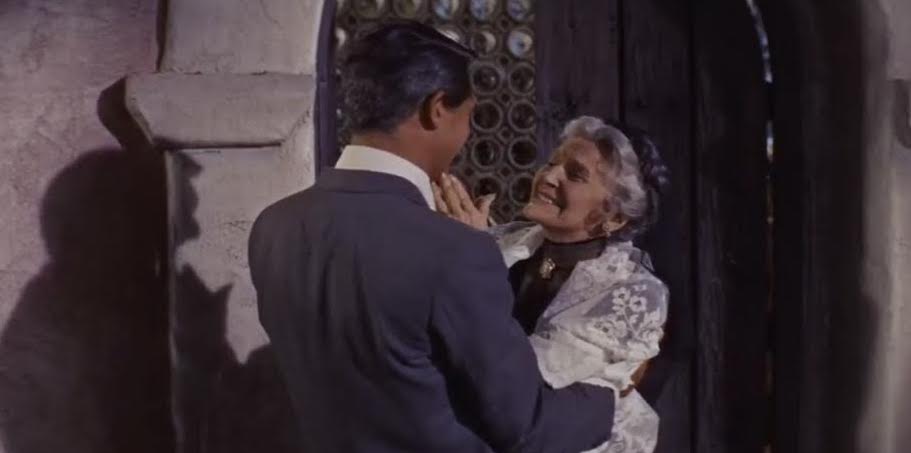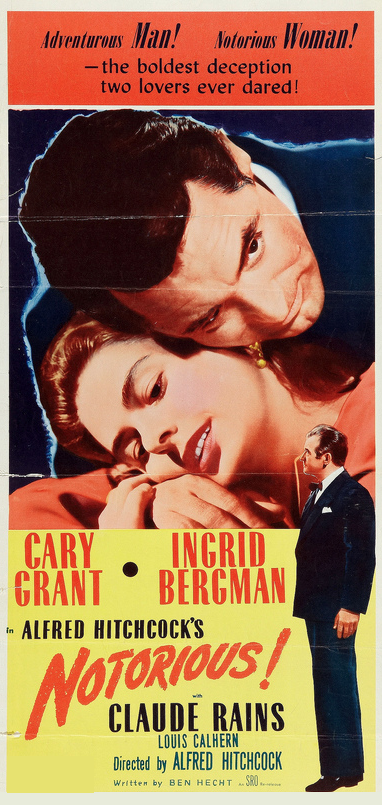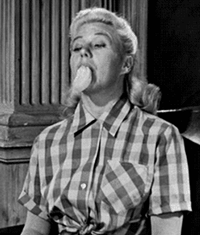1957: Cathleen Nesbitt in "An Affair to Remember"
 Thursday, July 2, 2020 at 6:50PM
Thursday, July 2, 2020 at 6:50PM Before each Smackdown, we look at alternate possibilities to the actual Oscar ballot...

by Nick Taylor
Camila Henriques wrote a great article last week on Deborah Kerr’s performance in An Affair to Remember, a film whose cultural resonance feels like a tribute to the star power of its lead couple. A remake of the romantic drama Love Affair (1939) from its original director Leo McCarey, the film follows wealthy socialites Terry McKay (Deborah Kerr) and Nick Ferrante (Cary Grant), who fall in love over the course of an eight-day transatlantic cruise to New York despite being engaged to other people. The relaxed pacing, resplendent colors, high production values, picturesque photography, and appealing slow-burn chemistry between Kerr and Grant reads like an open invitation from McCarey to luxuriate in the sheer handsomeness of what he’s put together. The economy of Love Affair is missed, though for my money the film’s besottedness with itself keeps An Affair to Remember from fully matching the emotional complexity of its predecessor. Especially in the early going, McCarey seems content to let his leads luxuriate in their own charisma without asking them to do all that much. But nonetheless the film is able to evince real moments of depth that linger long after the credits have rolled. And wouldn’t you know that the first such moment arrives when Terry and Nick make a surprise visit to his Grandmother Janou, played in this iteration by Cathleen Nesbitt.
In both films, Terry and Nick’s time with Janou is the catalyzing event that leads them to acknowledge their love for each other...






